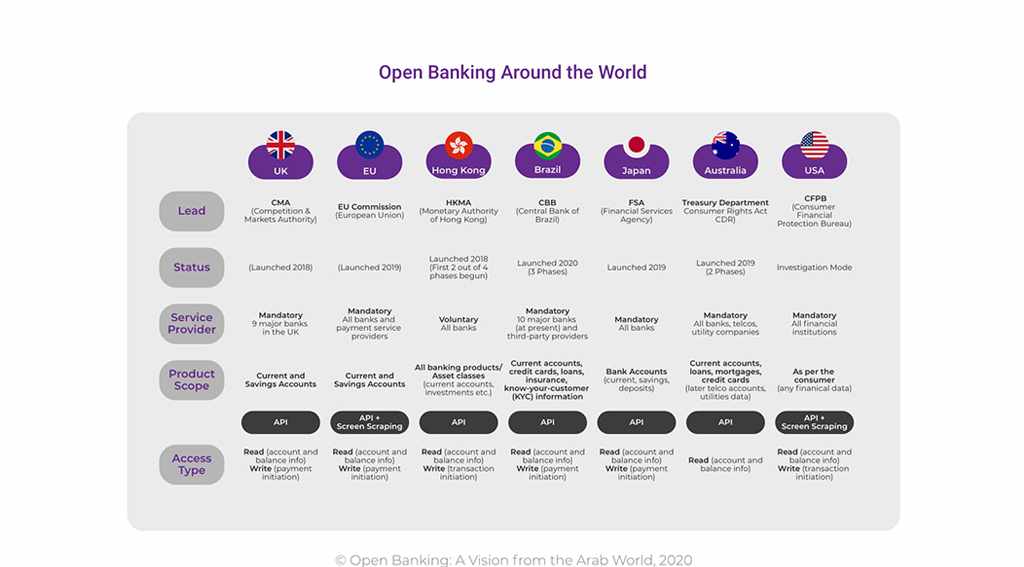What’s next for venture capital in the Middle East?
- Date: 26-Jul-2020
- Source: SME10X
- Sector:Financial Markets
- Country:GCC
What’s next for venture capital in the Middle East?
Although venture capital funding has slowed across the MENA region in the wake of the coronavirus crisis, there remain several opportunities for entrepreneurs, says Fady Yacoub, of the global technology investment firm HOF Capital.
DUBAI | Keith J Fernandez
A resource crunch and the expansion of new economic sectors in the wake of the COVID-19 pandemic could considerably impact the availability of venture capital (VC) for entrepreneurs in the Middle East. Yet, even as start-ups in the region, like their global counterparts, are facing significant challenges to fundraising, a number of several sunrise sectors have emerged in response to coronavirus-linked business and lifestyle challenges, says Fady Yacoub, co-founder and managing partner at the global technology investment firm HOF Capital.
"While angel investors and family offices accounted for a record-breaking amount of the capital deployed in the region in 2019, COVID-19 has made this source of funding scarce,“ Yacoub explains. "While this is similar to trends seen abroad, it is most acutely felt in the region as family offices have historically represented a significant share of invested dollars.“
Global VC funding has plunged 20% worldwide since the coronavirus outbreak in December last year, data from Startup Genome shows. In the Gulf, funding to MENA start-ups























